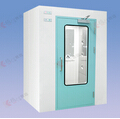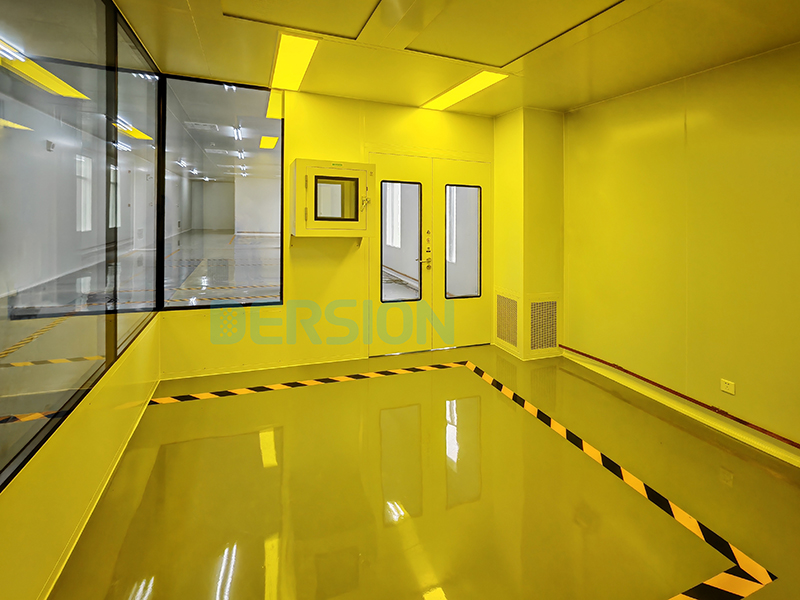Clean workshops and regular workshops are two common types of workshops in industrial production. Although they may appear similar in appearance, they have essential differences in many aspects. This article will provide a detailed introduction to the differences between a clean workshop and a regular workshop from multiple aspects.
1. Cleanliness
The biggest difference between a clean workshop and a regular workshop is cleanliness. A clean workshop requires very high air quality and surface cleanliness to avoid any factors that may contaminate the production process. The cleanliness requirements of ordinary workshops are relatively low, and usually only a large amount of dust and dirt needs to be avoided.
2. Personnel
There are also significant differences in personnel between clean workshops and regular workshops. Clean workshops typically require specially trained employees to ensure that they know how to operate equipment and production processes in a clean environment. These employees need to strictly follow the rules of the clean workshop, such as wearing special clean clothing and wearing masks. Ordinary workshop employees usually do not need to receive such strict training, they only need to comply with some basic safety and operating rules.
3. Application field
There are also significant differences in the application fields between clean workshops and regular workshops. Clean workshops are usually used to produce products that require extremely high precision and cleanliness, such as semiconductors, biopharmaceuticals, and precision instruments. These products need to be produced in a very clean environment to ensure their quality and performance. In contrast, ordinary workshops are usually used to produce products that do not need high precision and cleanliness, such as general machinery manufacturing, wood processing and food processing.
4. Cost
There are also significant differences in costs between clean workshops and regular workshops. Due to the special equipment, training, and management requirements of clean workshops, their costs are usually much higher than those of regular workshops. In addition, the clean workshop needs to spend more time and resources on maintenance and cleaning to ensure that it meets the required cleanliness. In contrast, the cost of regular workshops is usually lower because their requirements are not so high.
In summary, there are significant differences between clean workshops and regular workshops in various aspects, including cleanliness, equipment, personnel, control, application areas, and costs. These differences are all aimed at meeting different production needs and requirements. If you need to produce high-precision and clean products, then a clean workshop is very necessary.


